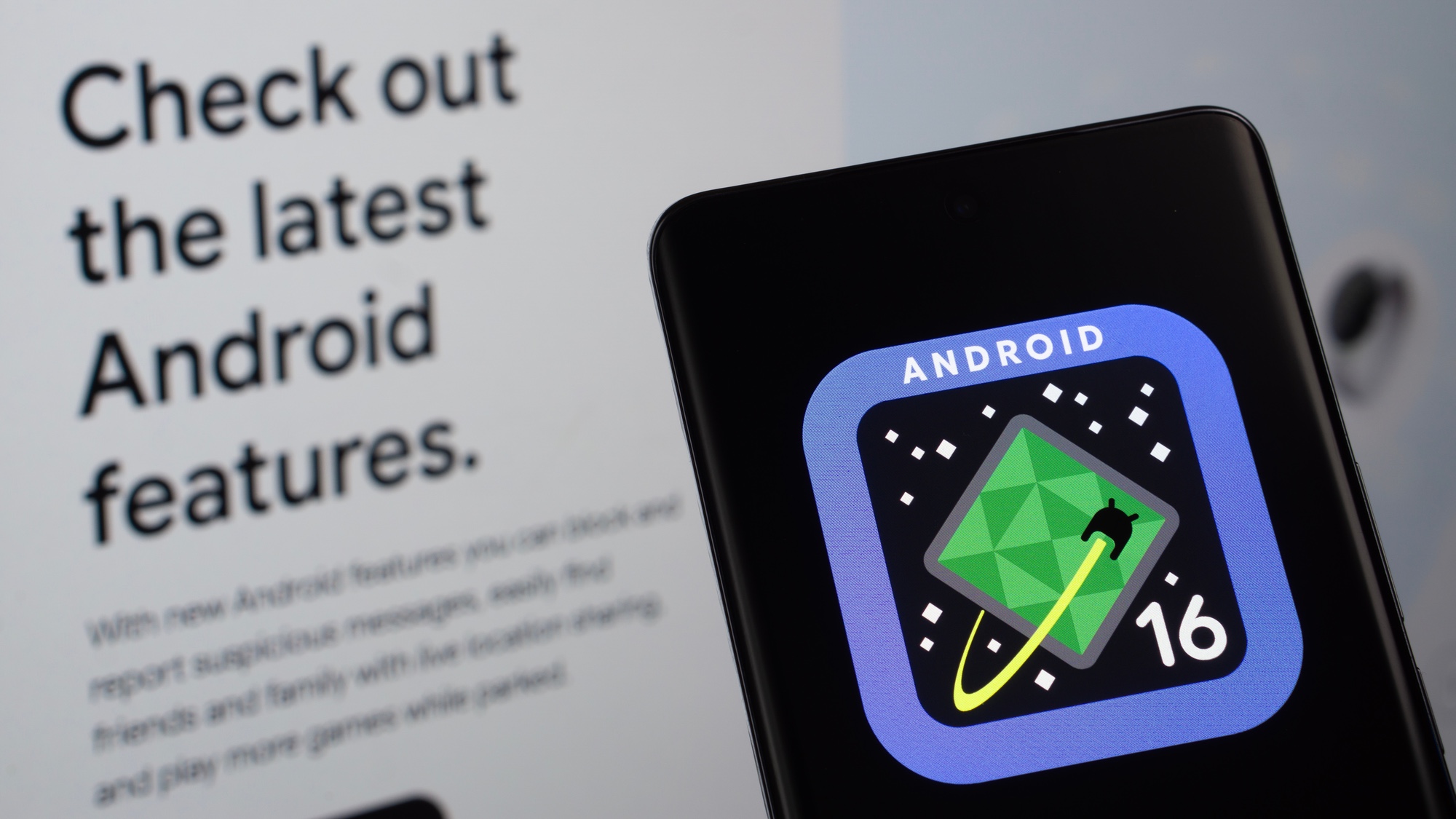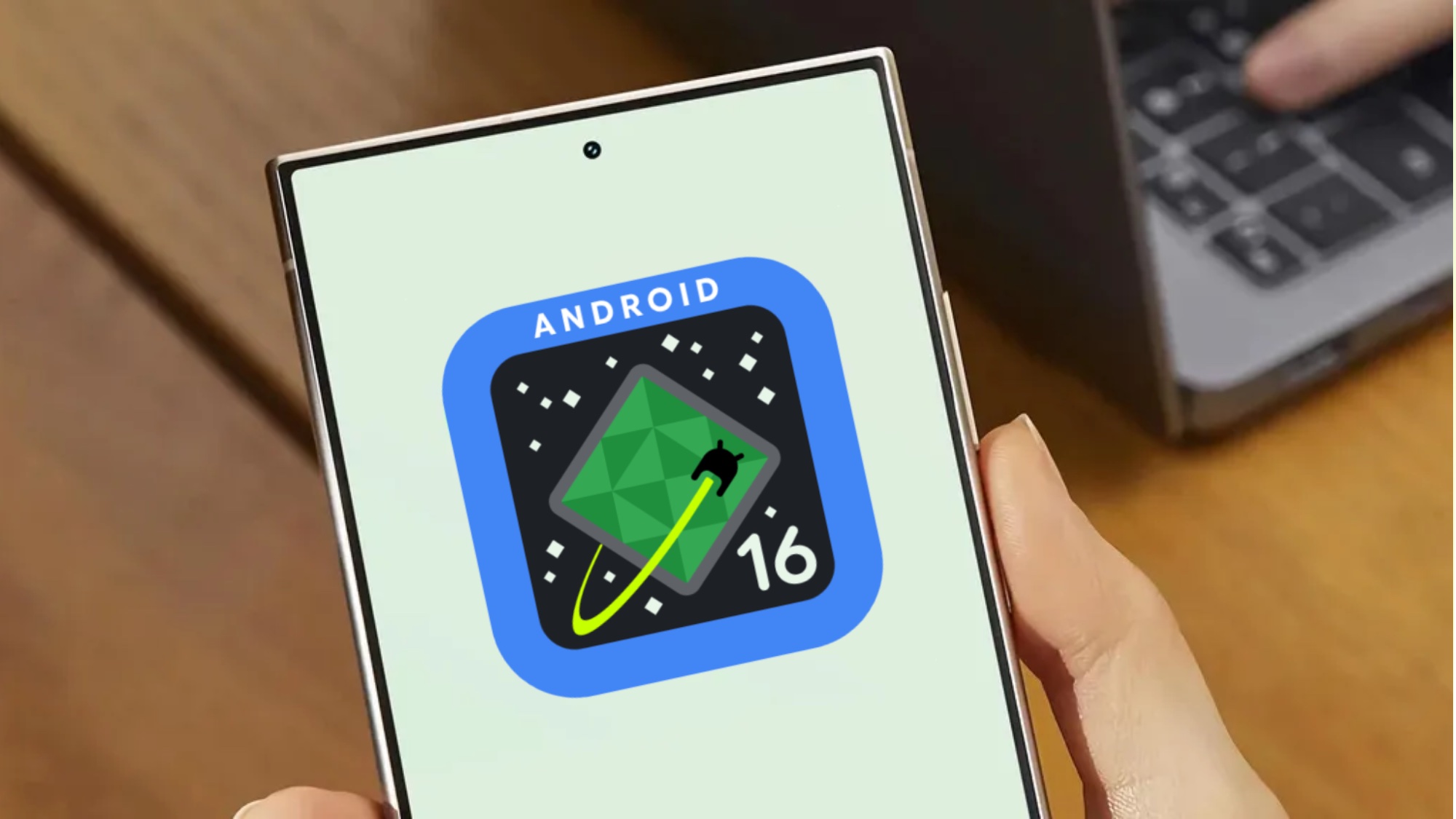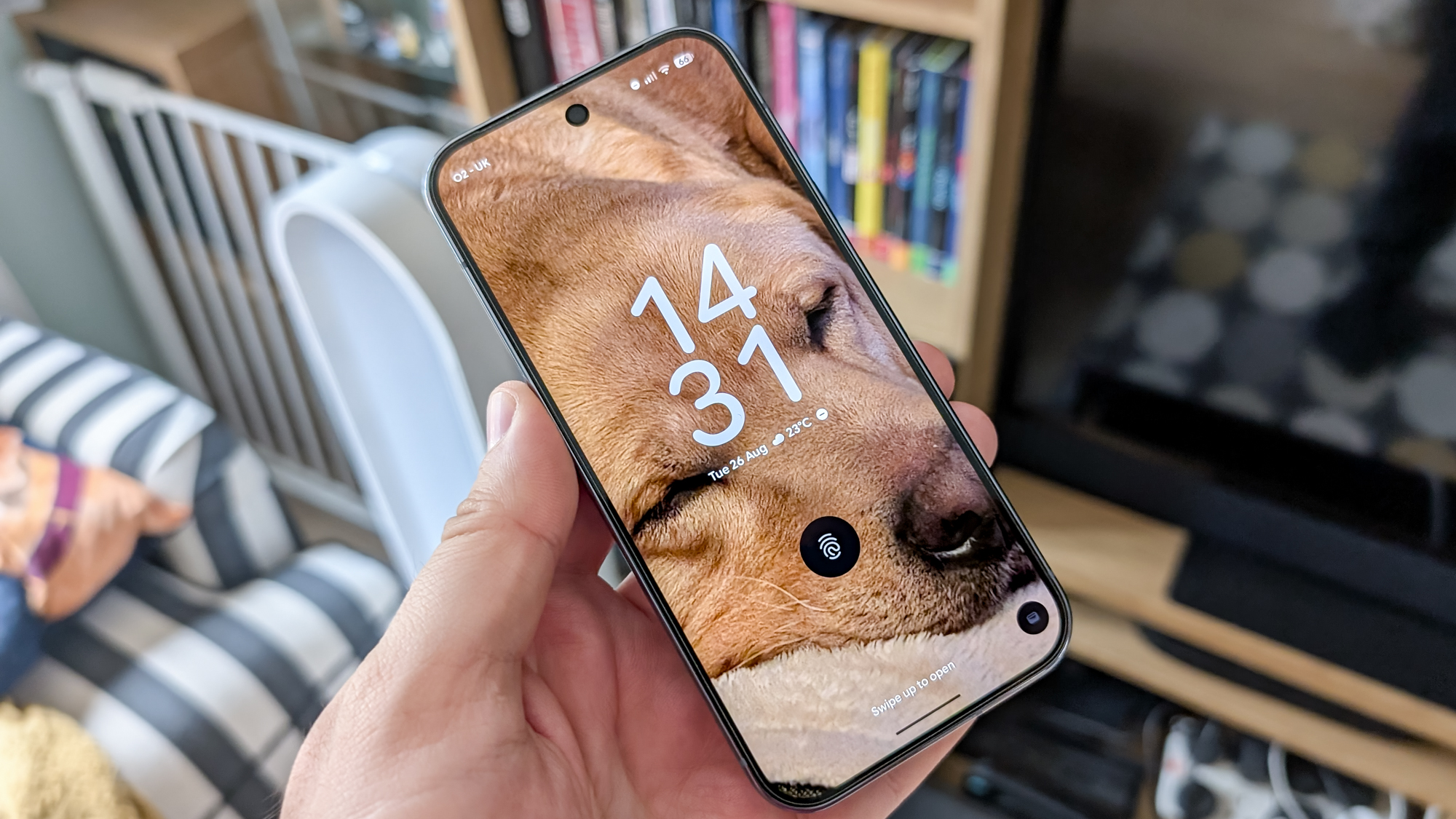Google's About to Ruin One of the Best Things About Android — and Make it More Like iOS
New sideloading rules could kill one of the things that makes Android great

Here at Tom’s Guide our expert editors are committed to bringing you the best news, reviews and guides to help you stay informed and ahead of the curve!
You are now subscribed
Your newsletter sign-up was successful
Want to add more newsletters?

Daily (Mon-Sun)
Tom's Guide Daily
Sign up to get the latest updates on all of your favorite content! From cutting-edge tech news and the hottest streaming buzz to unbeatable deals on the best products and in-depth reviews, we’ve got you covered.

Weekly on Thursday
Tom's AI Guide
Be AI savvy with your weekly newsletter summing up all the biggest AI news you need to know. Plus, analysis from our AI editor and tips on how to use the latest AI tools!

Weekly on Friday
Tom's iGuide
Unlock the vast world of Apple news straight to your inbox. With coverage on everything from exciting product launches to essential software updates, this is your go-to source for the latest updates on all the best Apple content.

Weekly on Monday
Tom's Streaming Guide
Our weekly newsletter is expertly crafted to immerse you in the world of streaming. Stay updated on the latest releases and our top recommendations across your favorite streaming platforms.
Join the club
Get full access to premium articles, exclusive features and a growing list of member rewards.
Google has decided to copy one of the worst things about iPhones and iOS, announcing plans to make it significantly harder to sideload apps onto your phone. In fact, it might even be impossible in some cases, because Google wants to restrict the feature to "verified" developers.
Which, if you can read between the lines, means sideloading will only be possible if Google actively approves the apps and developers in question. So if you have something Google doesn't like, such as Fortnite or some kind of ad-blocker, then odds are you're not going to be able to install it on your Android phone.
Google says that this change is all in the name of security, after finding that "over 50 times more malware from internet-sideloaded sources than on apps available through Google Play."
But by doing so, it removes one of the key things that makes Android such a great platform — the fact that you can install whatever the heck you like without a big tech company dictating what is and isn't allowed.
Apple-ifying Android

We've already seen what will happen in those instances. Apple has long used "user security" as an excuse for keeping iOS as a closed system. Either forcing users to use the App Store for all their software needs, or, in the case of the post-DMA EU, forcing developers to stick to strict Apple-dictated guidelines about third-party installation.
Google likens the changes to an ID check at the airport, and insists that this is just to verify the identity of the developer in question — not to judge the contents of their app. It also insists that developers will have "the same freedom to distribute their apps directly to users through sideloading or to use any app store they prefer."
Which doesn't sound so bad, but there's no telling what such a measure might lead to in the future. Google may start trying to police apps, as it already does in Google Play, and there's no telling what might happen if it ends up feuding with another developer — as it has been doing with Epic Games for the past 5 years.
Get instant access to breaking news, the hottest reviews, great deals and helpful tips.
Most importantly, though, this move takes the choice away from the users. Google has done a lot to help secure Android and make sure apps are sideloaded accidentally or without direct user intervention.
Android has always been about choice

But ultimately, all Google should be able to do in these situations is warn users about the risks, not control what they can and can't install. Policing software that isn't distributed on Google Play is not Google's responsibility, and it should not be attempting to cross that line. If the user is adamant that they want to install something malicious, despite all warnings, then that isn't Google's problem to deal with.
You can't claim to have an open platform, which Google mentions multiple times in its announcement post, while controlling what people can and can not do with it. That's not how any of this works.
This change is set to take place sometime in September 2026, starting in Brazil, Thailand, Singapore and Indonesia, with a global rollout scheduled for an unspecified later date.
While I don't have much hope that Google will change its mind, I'm hoping that the timeframe is enough for it to reverse course after seeing how unpopular this decision will actually be.
Follow Tom's Guide on Google News to get our up-to-date news, how-tos, and reviews in your feeds. Make sure to click the Follow button.
More from Tom's Guide
- Google Just Fixed One of the Biggest Problems with its Password Manager — But I Still Don't Think it's Good Enough
- Google Drops Reverse Wireless Charging in the Pixel 10 — Here’s Why
- I checked out the Pixel 10, Pixel 10 Pro, and Pixel 10 Pro XL — here’s the one I recommend

Tom is the Tom's Guide's UK Phones Editor, tackling the latest smartphone news and vocally expressing his opinions about upcoming features or changes. It's long way from his days as editor of Gizmodo UK, when pretty much everything was on the table. He’s usually found trying to squeeze another giant Lego set onto the shelf, draining very large cups of coffee, or complaining about how terrible his Smart TV is.
You must confirm your public display name before commenting
Please logout and then login again, you will then be prompted to enter your display name.
 Club Benefits
Club Benefits










